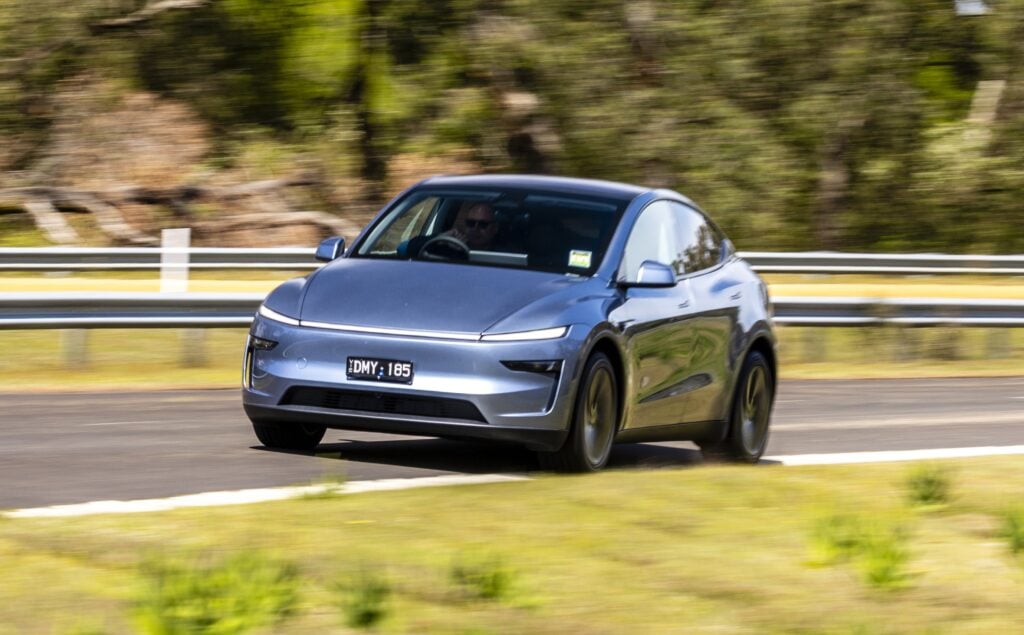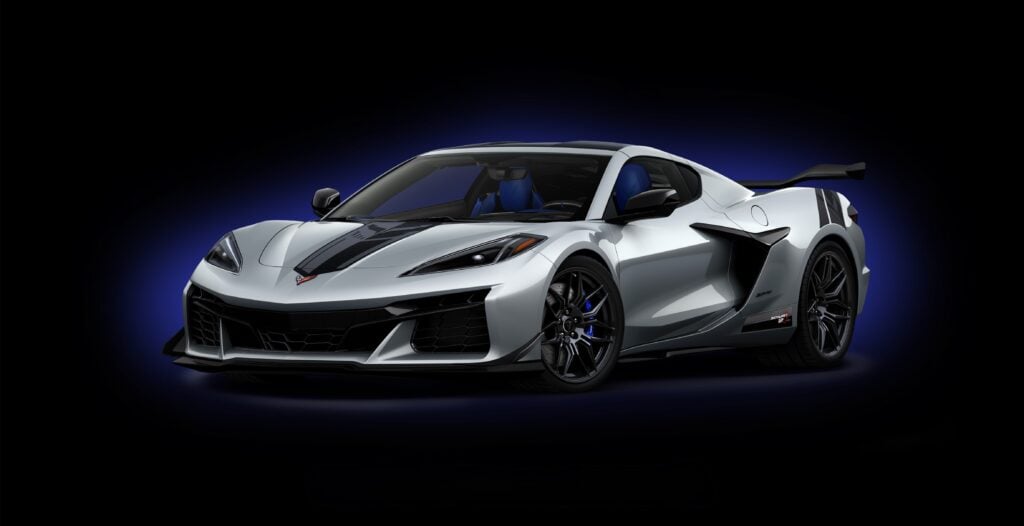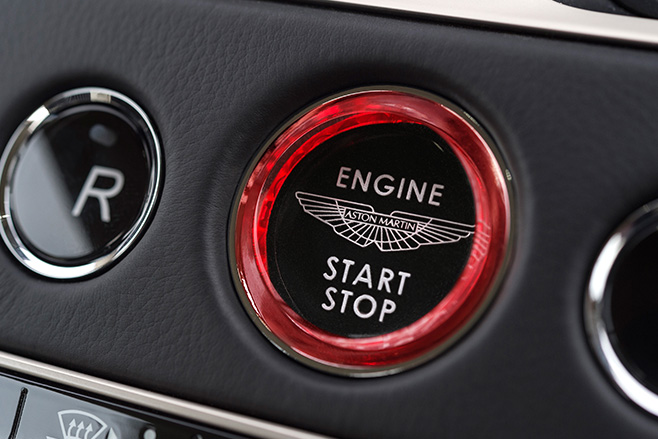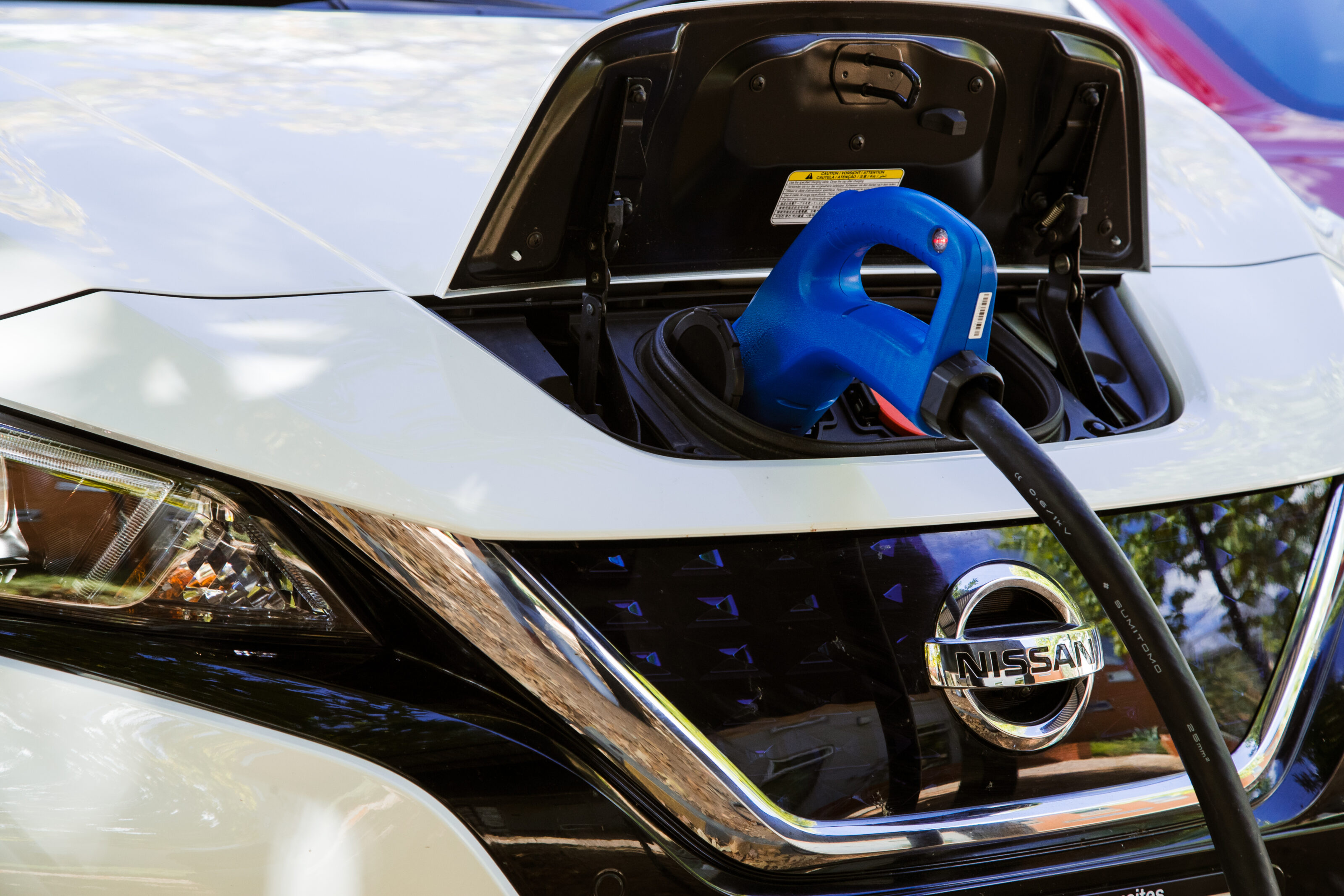
Snapshot
- Automakers call for Australian Government to step up approach to EVs
- No federal incentives exist for consumers
- Comments come off the back of Ford CEO criticising Australian infrastructure
Australia’s EV policies have been again been brought into the spotlight by Nissan and Mercedes-Benz claiming the Government’s approach to electric vehicles is preventing them bringing their best tech into the country.
Off the back of Ford CEO, Jim Farley, last week saying Australia’s infrastructure can’t properly support a move to full-electric, Nissan has called out about the Government’s approach towards EVs, saying it’s holding the firm back from bringing more models here.
A lack of incentives locally is the main hindrance on sales getting off the ground, with automotive manufacturers less excited to sell their range of vehicles in a country which doesn’t offer assistance for people to get into EVs compared to one which has embraced the technology.
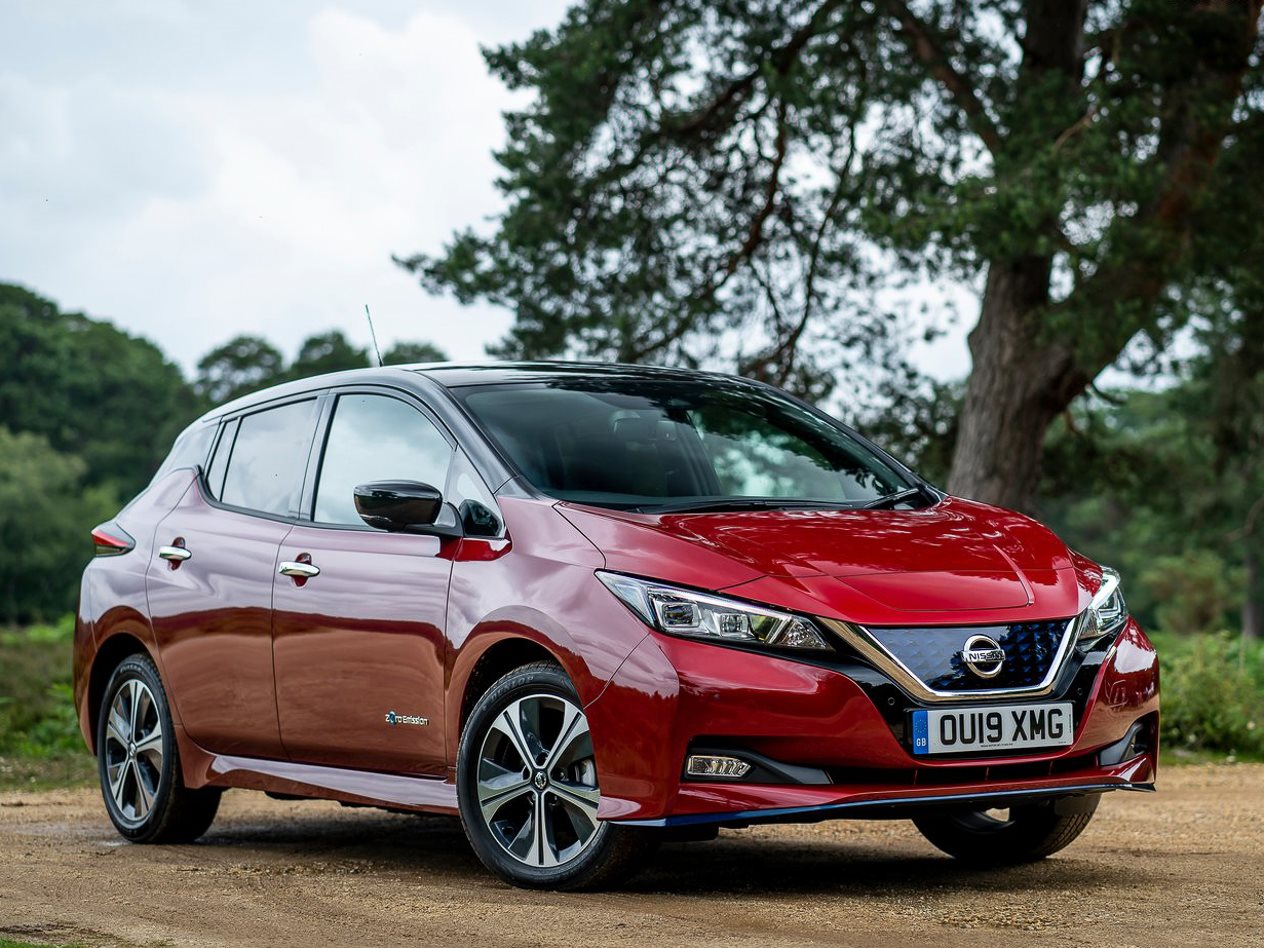
Nissan Australia’s national manager for electrification, Ben Warren, was critical of the Government’s approach in an interview with ABC, stating the Japanese marque is more likely to try and sell its cars in a country with progressive policies regarding EVs than try to break through in Australia.
“When you can only make so many cars, you have to prioritise where you send them,” said Mr Warren.
“Naturally the markets which have the more progressive policies and objectives and targets, are the markets that get prioritised over markets like ours.”
The upcoming Nissan Ariya is unconfirmed for Australia so far, reflecting Nissan’s view of the country’s stance on EVs, and the only electric vehicle the automaker currently offers here is the Leaf and recently released successor, the Leaf e+.
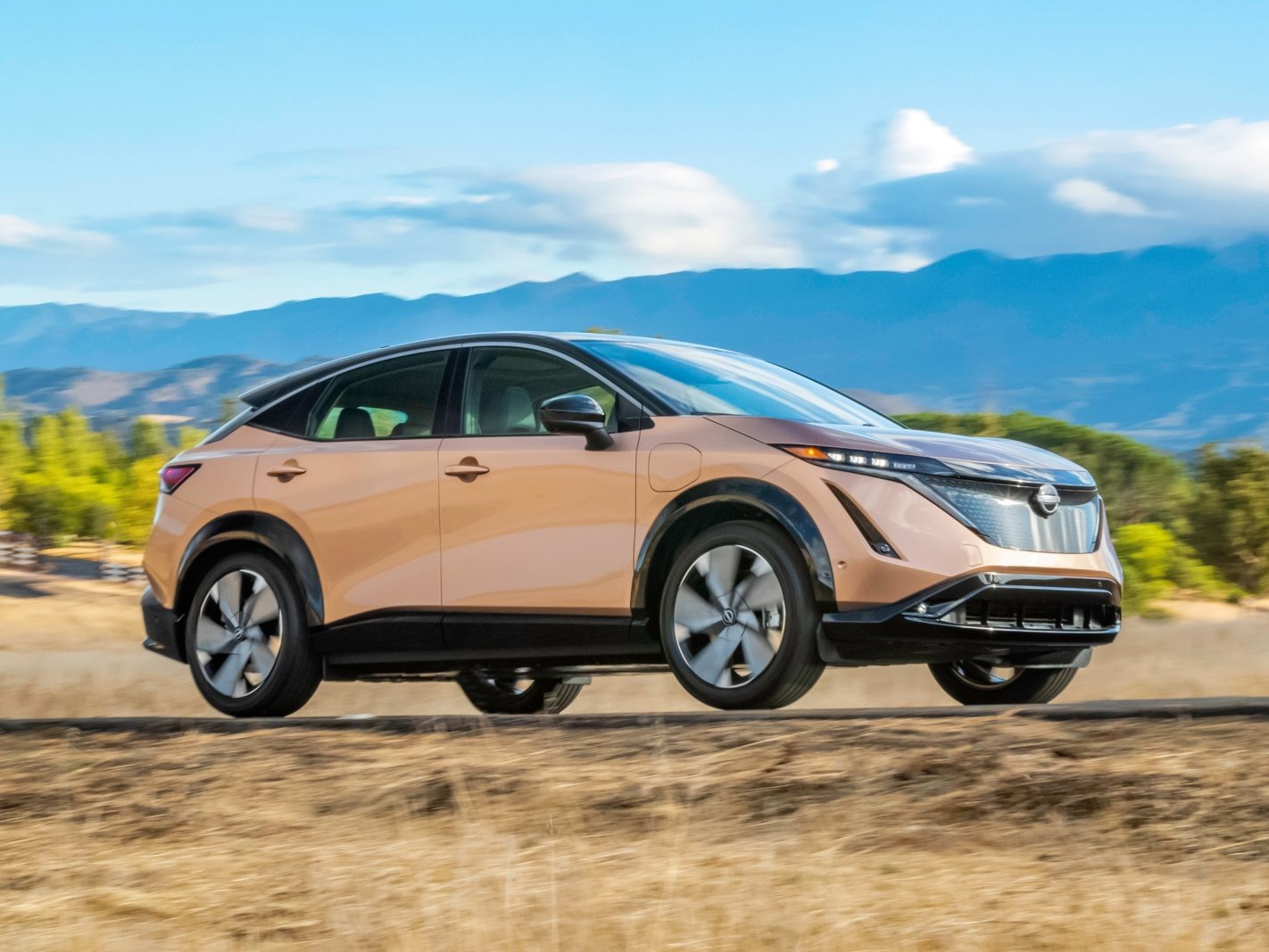
A spokesperson for Mercedes-Benz also told WhichCar more needs to be done to entice manufacturers towards the Australian market.
At present Mercedes-Benz has no fully-electric cars available under the threshold, its cheapest car being the EQA250 which starts at just over $80,000 drive-away.
“We [Mercedes-Benz] recognise there are policy changes which need to be made in Australia when it comes to the transition to EVs, and will work with the states or Federal Government to achieve this,” said the spokesperson.
“But we would prefer a more co-ordinated approach, because what’s happening with the states now doesn’t work from a consumer perspective and is actually affecting people’s decisions on whether or not to purchase that technology.”
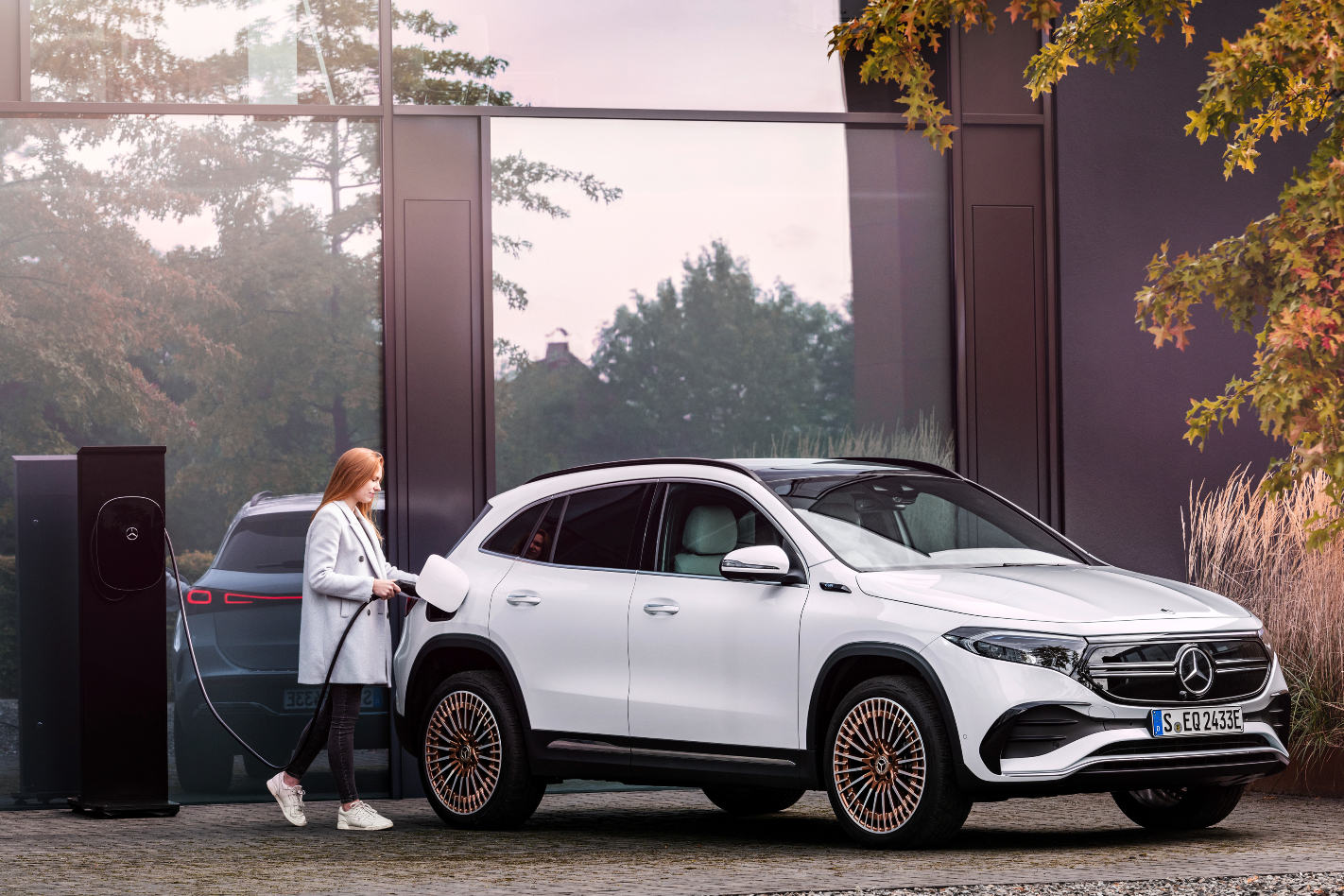
There are currently no federal incentives for potential buyers to go EV, only the Australian Capital Territory, Queensland and Victoria offer discounts or exemptions on EV purchases but these vary depending on location.
The ACT currently provides the best incentives with no stamp duty, free registration and interest-free loans of up to $15,000 for EV buyers, but despite this, only 950 of the 300,000-plus cars on Canberra’s roads are electric, with 52 being Government-owned.
Victoria has recently come under fire for implementing a road tax on EVs as a part of move towards a ‘user-pays’ approach from July 1.
While the fuel excise stands at 42.7c per litre, EV drivers will soon have to pay 2.5c per kilometre. Hybrid owners get a ‘discount’ with the distance-based charge rounded down to 2c per km, meaning those with a hybrid vehicle must pay both the fuel and road use tax.
An incentive for EV purchases was announced shortly after, with up to $3000 available over the next three years to 20,000 applicants, applying only to full-electric or hydrogen vehicles which have a value of up to $68,740 before on-road costs and which are purchased after May 2, 2021.
New South Wales Transport Minister, Andrew Constance, recently said Australia has become a laughing stock over its treatment of EV owners, proposing the adoption of subsidised car parks, allowing access to transit lanes and waiving stamp duty, such as the ACT has done.
Another factor said to affect uptake is the Luxury Car Tax. Last week it was announced the threshold will increase to $79,659 from July 1 for vehicles which consume under 7.0L/100km of fuel, up from $77,565 in 2020/21, though this change still puts a majority of the EV market above the threshold with owners having to foot the bill for the 33 per cent tax added.
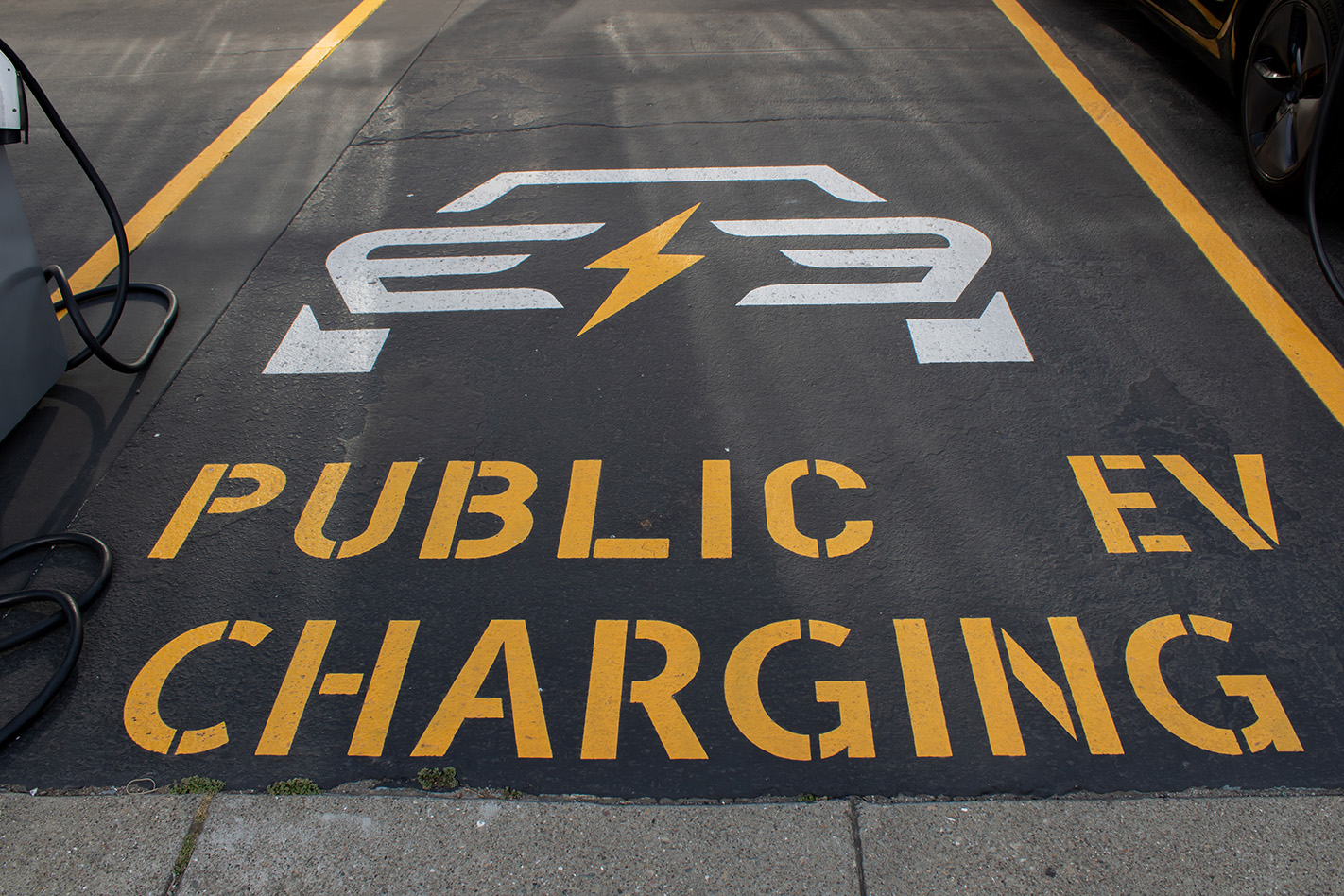
Hitting back at the manufacturers’ claims, the Department of Industry, Science, Energy and Resources told WhichCar that carmakers are driven by profits from new car sales so it’s a given they would be interested in bringing new models to market and arguing for incentives.
The Department contended its Future Fuels Strategy, which will be released later this year, will focus on EV charging and hydrogen refuelling infrastructure where it’s needed, integrating battery EVs into the electricity grid and supporting Australian innovation and manufacturing among other initiatives.
It said $74.5 million for the Future Fuels Package was announced in last year’s Budget ‘to help consumers, businesses and communities take advantage of opportunities offered by new technologies including hybrid vehicles, battery electric vehicles and hydrogen fuel cell vehicles’.
Federal Minister for Energy and Emissions Reduction, Angus Taylor added: “The Government is focused on ensuring Australian motorists can choose the vehicle they want to drive – be that petrol, diesel, hydrogen or electric powered,” said he said.
“Over $1.2billion has already been committed to help increase the uptake of low and zero emissions vehicle technologies including over $74million through the Morrison Government’s Future Fuels Package.”
As part of the $1.2billion of investments in EV technology, $24.5million has gone towards the Freight Energy Productivity Program which forms part of the King Review Technology Co-Investment Fund, and a $5 million grant has been given to ACE-EVs to produce EVs in Adelaide.
While car companies continue to push for incentives, the Government said modelling shows subsidies for battery electric vehicles ‘are not value-for-money for taxpayers and are an expensive form of abatement’.
We recommend
-
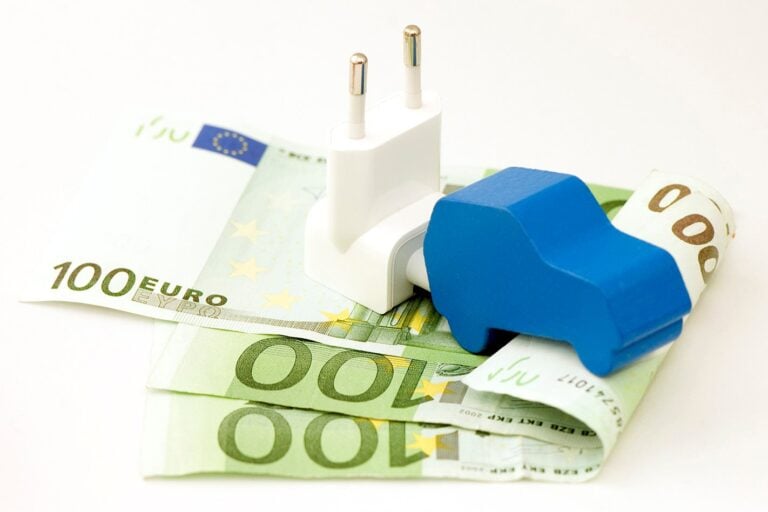 Advice
AdviceHow our EV incentives stack up against the world
It's no surprise our EV subsidies lag behind the developed world, but you'll amazed by how much
-
 News
NewsHow A-ha made Norway take on EVs
The Norwegian pop-group was instrumental in its country embracing world-leading electric vehicle subsidies
-
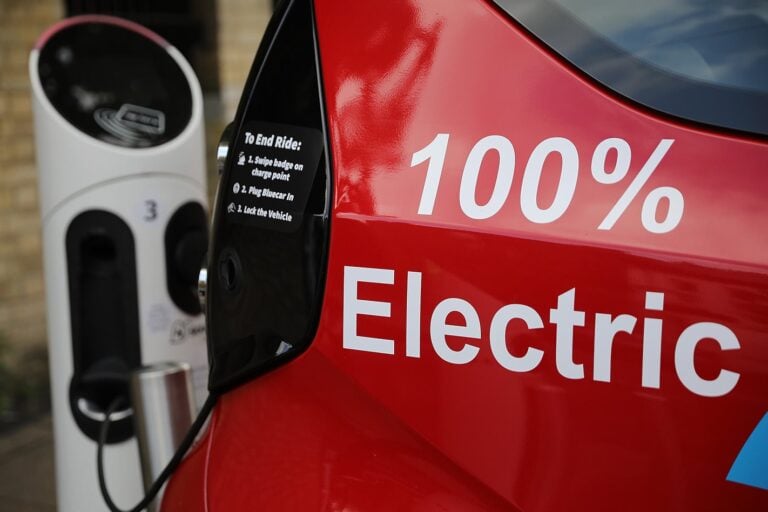 News
NewsVictorian EV tax bill is "world's worst EV policy"
A public hearing about the controversial EV tax bill is on today
-
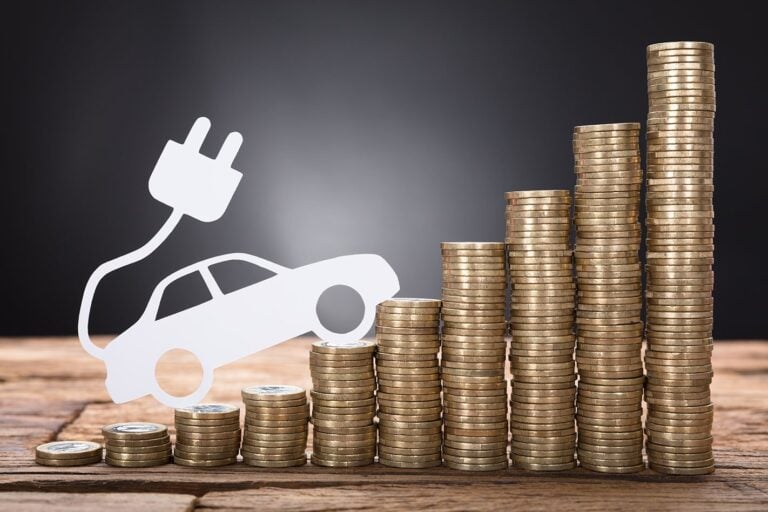 News
NewsVictoria goes ahead with contentious EV tax
Victoria has followed South Australia down the path of electric vehicle taxation with NSW likely to follow
-
 News
NewsLeaked government EV strategy leaves Australia “miles behind”
Discussion paper leaked from federal government shows little of substance in face of global EV push



